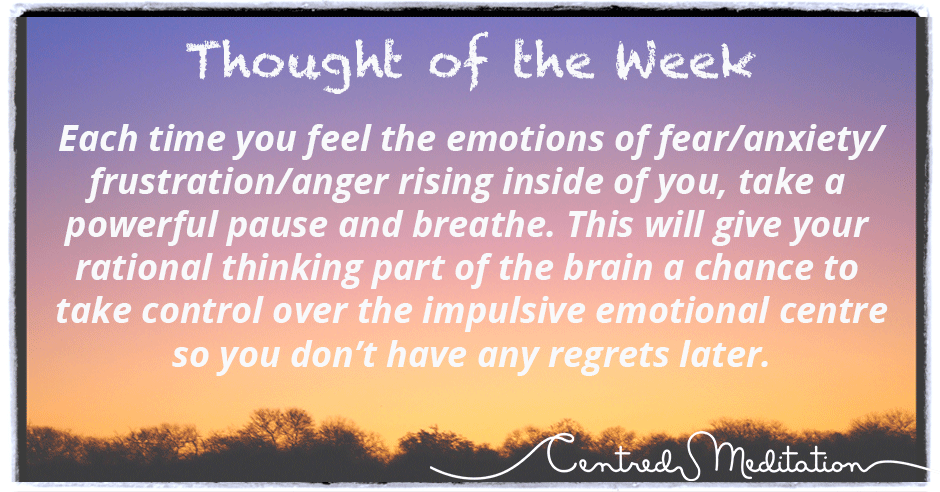We’ve all been there before. Something triggers us (often minuscule in significance), and before we know it, we have said or done something we regret. The good news is that there is a biological reason for this, and there is an efficient tool we can use to overcome it.
The amygdala is our impulsive emotional centre of the brain. It acts as an early warning system alerting us to danger. When we feel threatened in some way, information is quickly routed to the amygdala before it reaches the pre-frontal cortex (responsible for rational thinking and reasoning). When this happens, our brain starts to release adrenaline and other hormones which cause an intense physiological experience. Our amygdala essentially takes control of the brain and our impulses override our rationality. Daniel Goleman (the father of emotional intelligence) terms this the “amygdala hikack” and explains that it can last for seconds, hours, days, or weeks, if we don’t intervene to stop the second wave of intense emotion.
As humans, we have an incredible ability to pause before reacting in order to give our brain time to engage our pre-frontal cortex (the executive control centre of the brain where planning and decision-making occurs). It helps us asses the threat and determine an appropriate rational response. What’s more, within 90 seconds from the initial trigger, the chemical component released during our fury has completely dissipated from the blood and the automatic response is over. This means that if we remain in such an emotional state after those 90 seconds have passed, then it is because we have chosen to let that circuit continue to run.
A pause will give both our body a chance to let those chemicals reside, and our pre-frontal cortex the ability to take control and respond in a more socially intelligent manner (one that we won’t regret later).


